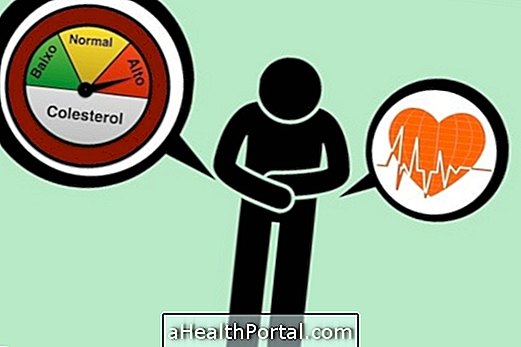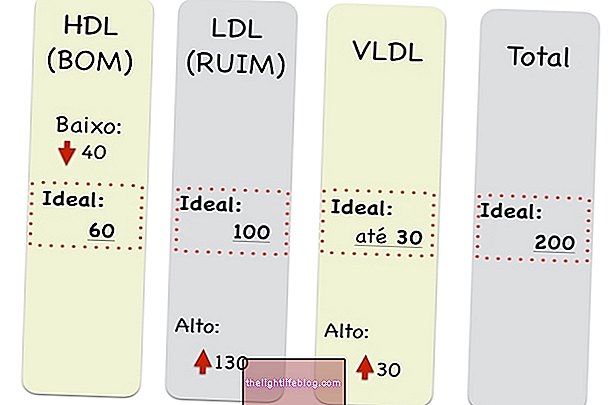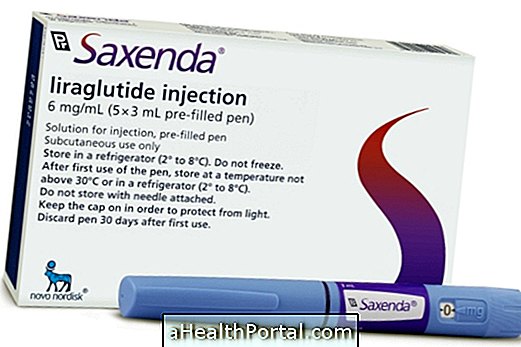Poor cholesterol is LDL and should be found in the blood at values below those indicated by cardiologists, which can be 130, 100, 70 or 50 mg / dl, which is defined by the physician according to the level of risk to the development of heart disease that the person presents.
When it is above these values, it is considered as high cholesterol and can lead to a heart attack or a stroke, for example. Understand better what types of cholesterol are and which values are appropriate.
High bad cholesterol is the result of poor diet, high in fats, alcoholic beverages, high calorie foods and little or no physical activity, however, family genetics also have important influence on their levels. To lower it is necessary to improve life habits, and may require the use of lipid-lowering medications, such as Simvastatin or Atorvastatin, for example.
| LDL value | For whom |
| <130 mg / dl | People with low cardiovascular risk |
| <100 mg / dl | People with intermediate cardiovascular risk |
| <70 mg / dl | People with high cardiovascular risk |
| <50 mg / dl | People with very high cardiovascular risk |
The cardiovascular risk is calculated by the physician during the consultation and is based on the risk factors that the person has, such as age, sedentary lifestyle, obesity, high blood pressure, diabetes, angina, previous infarction, among others.
How To Lower Bad Cholesterol
To lower the levels of bad cholesterol in the blood it is recommended to practice regular physical exercises and healthy eating.
Those who have very high levels of bad cholesterol should seek a gym, preferably with the accompaniment of a physical education teacher, so that the exercises are not done in the wrong way and so that they are not done with much effort, of only one turn.
These care are important to ensure good heart health and decrease the risk of suffering from some heart disease.
Learn in the following video what to eat to lower cholesterol:

When it is not possible to reduce bad cholesterol only with diet and exercise, your doctor may prescribe cholesterol-lowering medicines like simvastatin, Reducofen, Lipdil or Lovacor, for example. After using the medicine for 3 months it is advised to repeat the blood test to evaluate the results of the treatment.























